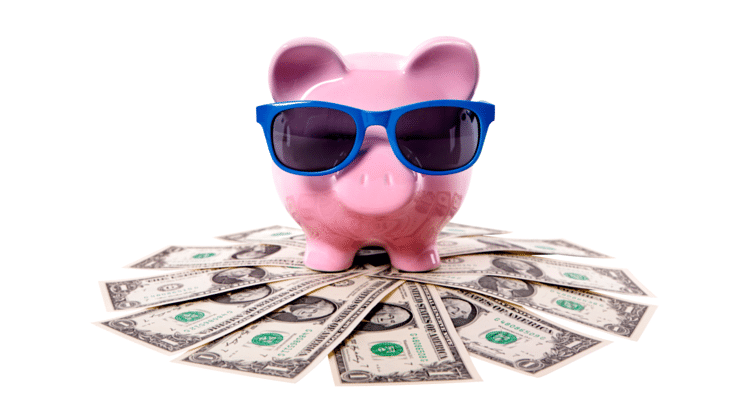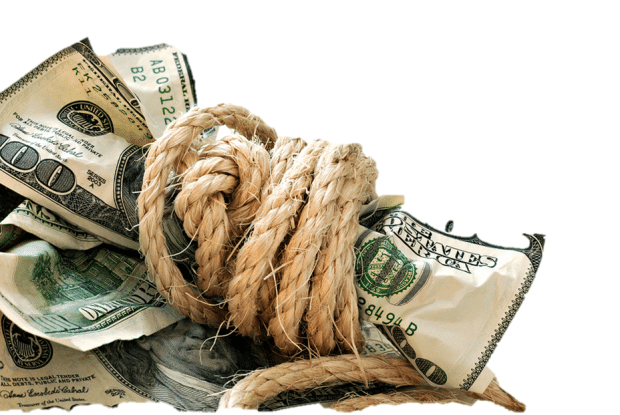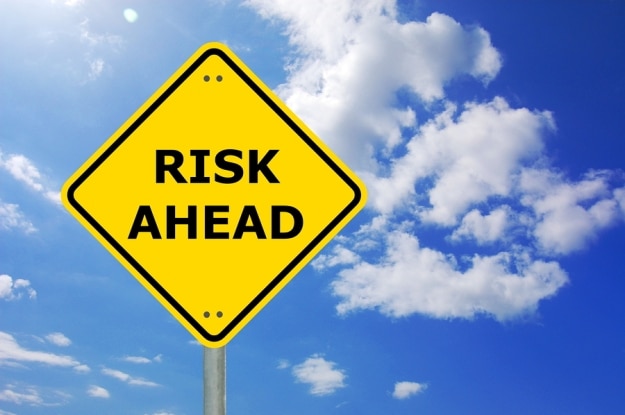I’m sure we can all agree. There’s no lack of info about money. It’s everywhere. So why, according to a 2015 Fidelity survey, do 80% of women lack the confidence to protect themselves financially?
I have a theory.
Managing money is a very different experience for men and women. For men, investing is a practical process all about the transaction. Performance is everything.
For women, investing is about far more than amassing money. It’s about who we have to become, the internal changes we need to make to counter our cultural conditioning. This can be a very emotional process.
But financial educators tend to take a strictly intellectual, left brain approach, deliberately steering clear of what’s been derisively mocked as ‘touchy-feely’ finances, shunning the very components that speak to, inspire and motivate women.
I’m convinced, unless we explore our emotions, along with the facts, we’ll remain in resistance.
We need more financial courses (and books) that look like this:
- While studying the difference between growth and value stocks, you also focus on personal growth and valuing yourself.
- While defining market risk and how to minimize it, you overcome your own resistance to taking those risks.
- While engaging in financial planning for future goals, you work on disentangling yourself from the outmoded beliefs and prior programming holding you back.
Here’s an excellent place to start: Download the Money Minder® Personal Autobiography ebook for free here: http://www.financialrecovery.com/free-stuff/











